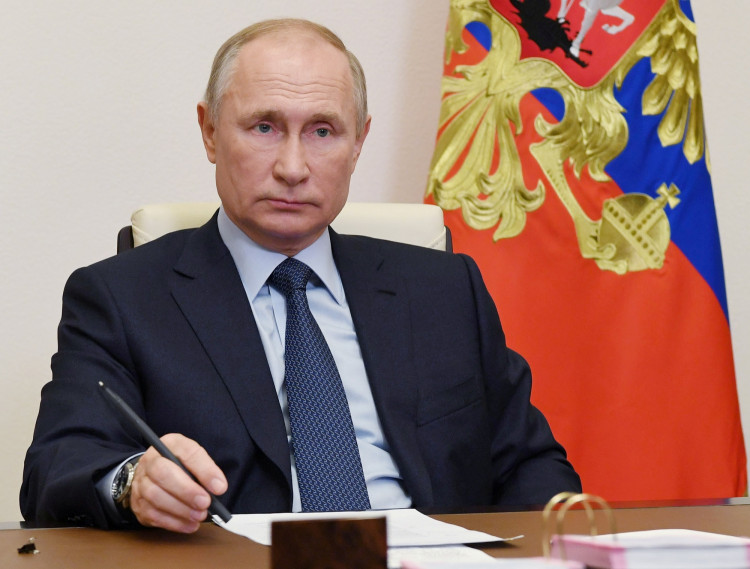On Saturday, Russian President Vladimir Putin declared that Russia will station tactical nuclear weapons in neighboring Belarus, marking the first instance of such armaments being stationed outside Russia since the mid-1990s. Putin's announcement comes amid heightened tensions with the West over the war in Ukraine and speculation about potential nuclear strikes by Russian commentators.
Tactical nuclear weapons, as opposed to those with the capability to obliterate entire cities, are designed for specific battlefield advantages. The number of such weapons in Russia's possession remains unclear due to Cold War-era secrecy.
According to experts who spoke to Reuters, the move is noteworthy because Russia has previously taken pride in not deploying nuclear weapons outside its borders, unlike the United States. Belarus shares borders with three NATO members: Poland, Lithuania, and Latvia.
Hans Kristensen, director of the nuclear information project at the Federation of American Scientists, stated, "This is part of Putin's game to try to intimidate NATO... because there is no military utility from doing this in Belarus as Russia has so many of these weapons and forces inside Russia."
Putin mentioned on state television that Belarusian President Alexander Lukashenko had long discussed the possibility of deploying tactical nuclear weapons in his country. He emphasized that Russia would not violate its international obligations regarding nuclear weapons nonproliferation.
By July 1, Russia is expected to finish constructing a storage facility for tactical nuclear weapons in Belarus. Putin clarified that Russia would not be handing over the weapons, just as the U.S. does not hand them over to its allies.
The U.S. State Department and the Pentagon did not immediately respond to requests for comment.
Putin also said that Russia has stationed ten aircraft in Belarus capable of carrying tactical nuclear weapons and has already transferred several Iskander tactical missile systems, which can launch nuclear weapons, to Belarus. Nikolai Sokol, a senior fellow at the Vienna Center for Disarmament and Non-Proliferation, said, "It's a very significant move... Russia had always been very proud that it had no nuclear weapons outside its territory. So, now, yes, they are changing that and it's a big change."
Following the collapse of the Soviet Union in 1991, nuclear weapons were dispersed across four newly-independent nations: Russia, Ukraine, Belarus, and Kazakhstan. By 1996, all warheads had been transferred to Russia under an agreement reached in May 1992 by the four states.






